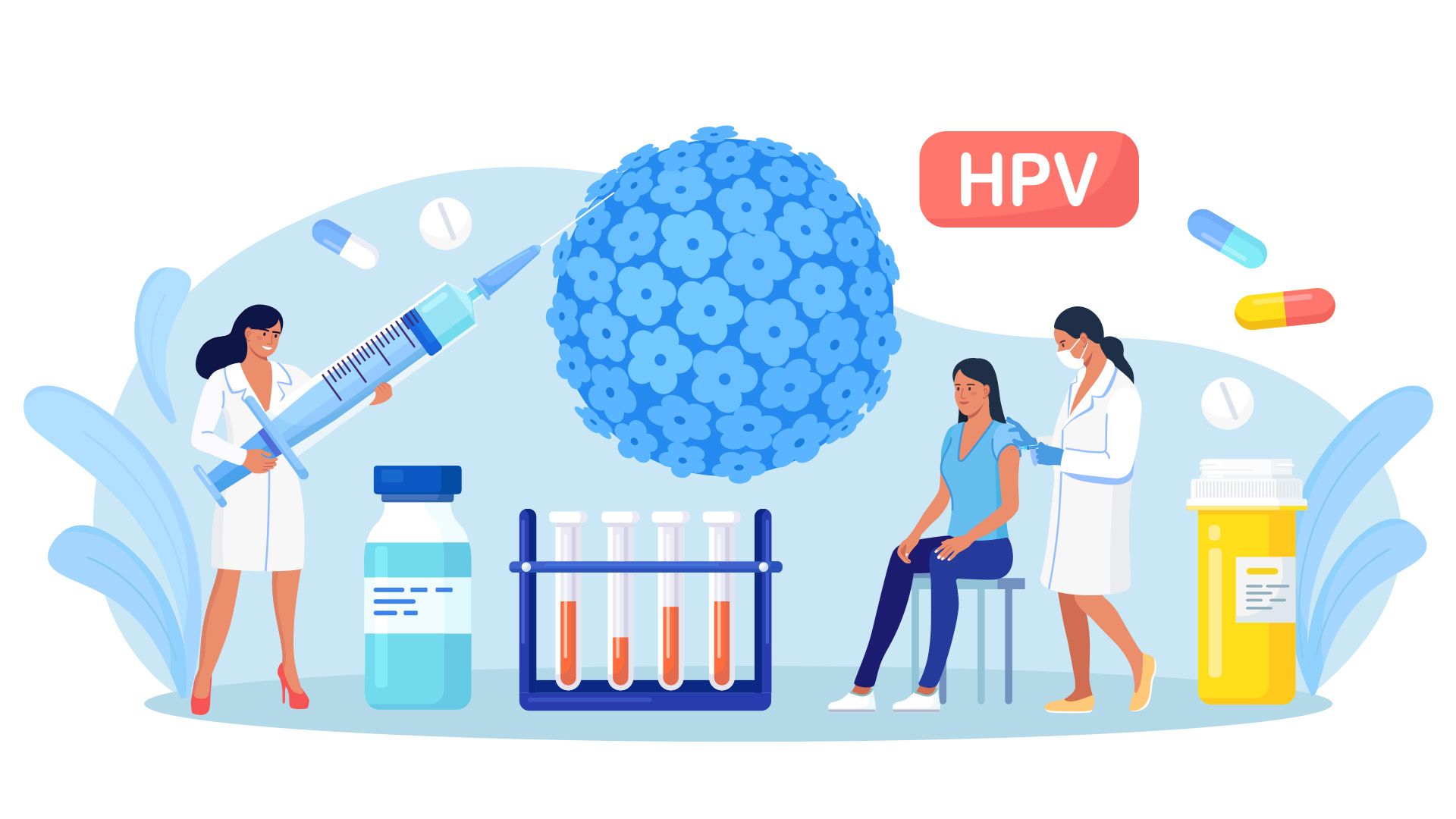Regulator encourages schemes to cover the screening, diagnosis, treatment and care of COVID-19 patients
Drickus Maartens • April 17, 2020
Medical schemes regulator, the Council of Medical Schemes (CMS), is encouraging medical schemes to cover the screening, diagnosis, treatment and care for coronavirus (COVID-19) and to consider giving members a premium holiday for three months where certain conditions are met.
In a circular sent to schemes, CMS Chief Executive and Registrar, Dr Sipho Kabane urged medical schemes to ensure that there was continued compliance with their managed care protocols to mitigate the possible negative impact of COVID-19.
At the onset of the pandemic, medical schemes were not obliged to pay for COVID-19 tests where members had tested and received a negative result. Most schemes only paid for tests and relevant treatment when members had tested COVID-19 positive.
Given the seriousness of the pandemic, Dr Kabane said: “The CMS lodged a draft amendment to the Prescribed Minimum Benefit (PMB) regulations with the Minister of Health to cover the screening, diagnosis, treatment and care of COVID-19 as part of the PMB package. The signing and promulgation of coronavirus in the National Gazette and the publication thereof are being handled by the National Department of Health.”
PMBs are a set of defined healthcare benefits to ensure that all medical scheme members have access to certain minimum health services, regardless of the benefit option they have selected. They are aimed at protecting medical scheme members from catastrophic financial liabilities in the event of a health crisis.
The CMS said that to ensure member protection through continued access to quality healthcare, the regulator encourages medical schemes to assist vulnerable members who cannot pay contributions due to loss of income as a result of the coronavirus pandemic and subsequent lockdown. “Schemes should investigate all disruptions to member contributions on a case by case basis and determine the merits thereof, before suspension or termination of membership,” continued Dr Kabane.
The CMS said that where a member had accumulated sufficient savings in their Personal Medical Savings Account (PMSA) for a specific period, it would be in the public interest, to grant medical schemes exemptions from complying with their registered rules to use their savings to offset member contributions.
The regulator said Small, Medium and Micro-Sized Enterprises (SMMEs), seeking financial relief from medical schemes to protect their employees’ membership cover should make a case to their respective medical scheme, demonstrating the financial impact caused by the lockdown due to the COVID-19 pandemic. The CMS said consideration must be given to SMME’s ability to financially recover and to repay the medical scheme post the lockdown period.
“To ensure that medical scheme members have continued access to healthcare services and to prevent the possible exploitation of patients as a result of the COVID-19 pandemic, the CMS is facilitating an Industry-wide engagement to develop a price and tariff negotiations framework,” said Dr Kabane
“In this initiative, the CMS is working with industry associations such as the Board of Healthcare Funders (BHF) and Health Funders Association (HFA), with the support of the National Department of Health. CMS’ role is to ensure that negotiations will benefit all medical scheme members,” he said.
Finally, Dr Kabane indicated that as per Circular 23 of 2020, CMS is accepting exemption applications for the postponement of Annual General Elections (AGM)and Trustee elections. “We note that during this period, schemes might not be unable to host their respective annual AGMs so they should apply for exemptions for postponement no later than 30 April 2020, he said.













